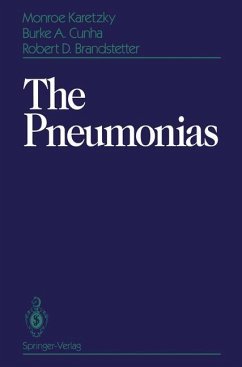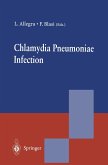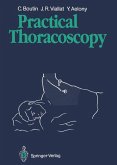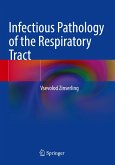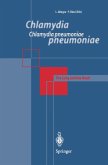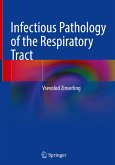It is a pleasure to contribute a brief foreword to this new, comprehensive 1980s saw an explosion of knowledge in pul text on the pneumonias. The is every reason to expect it to continue through monary science, and there the end of the century. As a result, it is becoming increasingly difficult to keep up with all the important advances, even in a restricted area of interest. For this reason, books such as the present one that collate the latest findings on an important clinical topic in a convenient, readable form provide a valuable service. This book is a salutary reminder that there is life beyond molecular and cell biology. Important though these disciplines are, some of us regret the lemming-like rush into these fashionable fields at the expense of more traditional pulmonary science. One result of this rush has been an increas ingly large number of residents and fellows who are unable to interpret the results of blood gas assays or who are completely at sea when presented with a patient who requires mechanical ventilation. The present perception that research funding is available only in molecular and cell biology has produced some unfortunate distortion of training programs. I pity the poor medical student in some of our most prestigious medical schools who is taught by a molecular biologist or neurophysiologist how the lung works. I wish the book well.
Bitte wählen Sie Ihr Anliegen aus.
Rechnungen
Retourenschein anfordern
Bestellstatus
Storno

